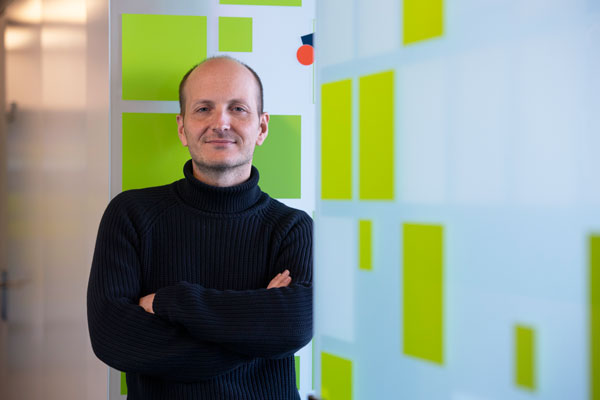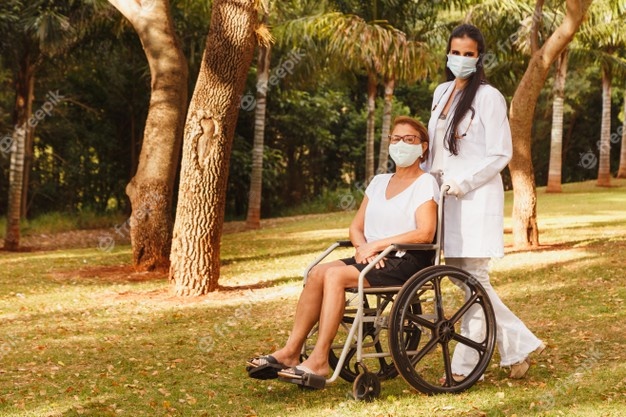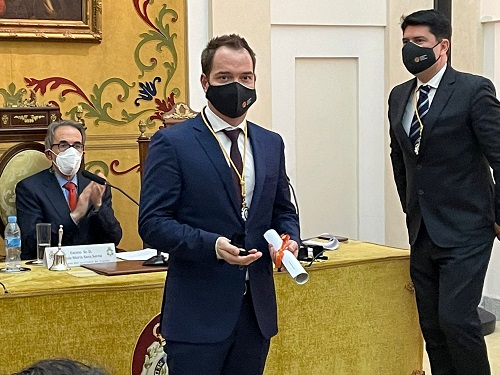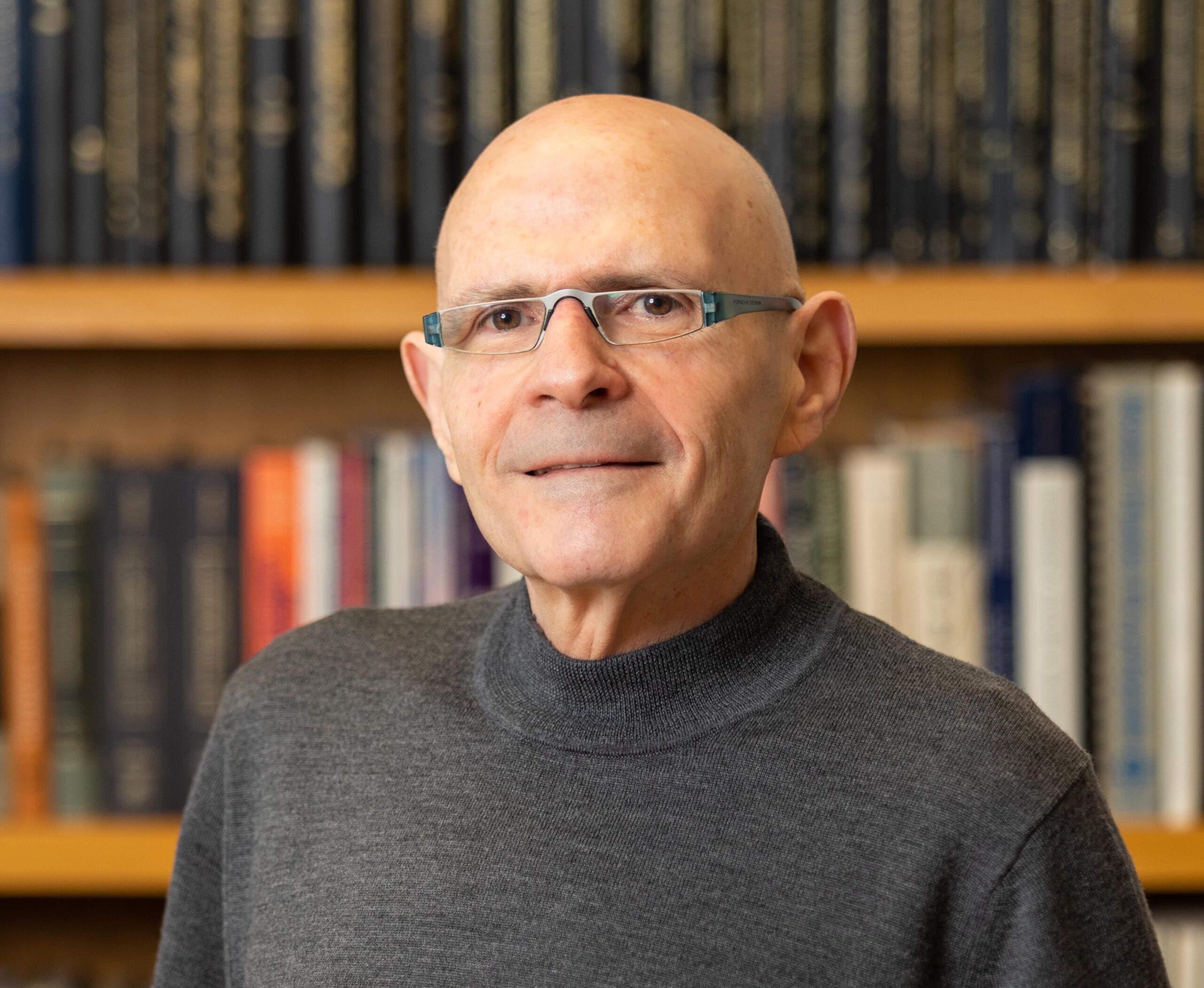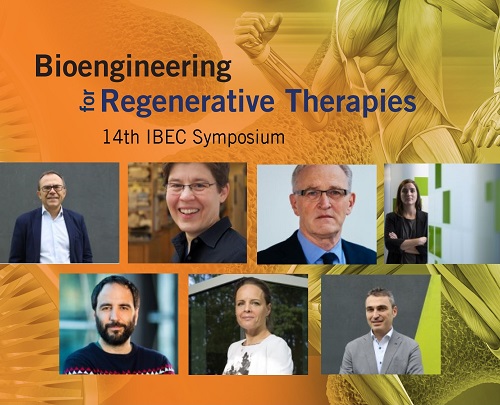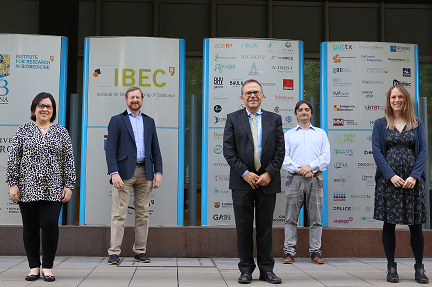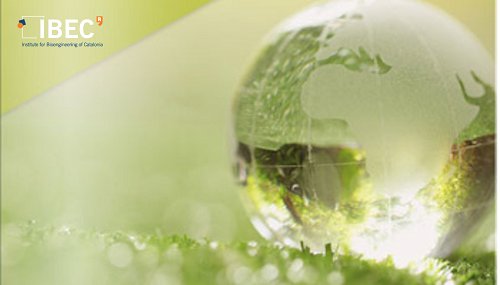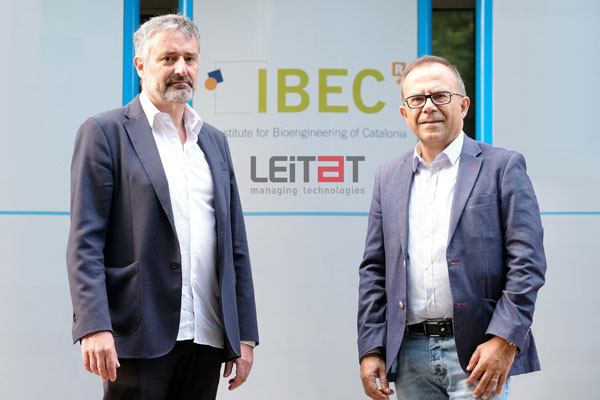Institutional news
The Catalan Association for Parkinson’s visits IBEC
On November 18th, members of the Catalan Association for Parkinson’s visited the Institute for Bioengineering of Catalonia (IBEC) to see, first-hand, the work of Silvia Muro and her research group, which use nanotechnology to find solutions to this disease. Professor Muro’s work has been supported, among others, by donations received through the IBEC “Faster Future” program.
Samuel Sánchez receives a medal from the Young Academy of Spain
Samuel Sánchez, group leader at the Institute for Bioengineering of Catalonia (IBEC), has received a medal from the Young Academy of Spain as a new full-time academic. The event took place in the Assembly Hall of the Royal National Academy of Pharmacy.
The Pioneer in Supramolecular Biomaterials, Sam Stupp, joins IBEC as Severo Ochoa Distinguished Professor
Professor Samuel I. Stupp from the Northwestern University, in USA, joined last November 1st the Institute for Bioengineering of Catalonia (IBEC) as a Visiting Severo Ochoa Research Distinguished Professor. Stupp is a pioneer demonstrating how supramolecular biomaterials can be used to regenerate neural, vascular, and musculoskeletal tissues such as the spinal cord, cartilage, bone, blood vessels, or muscles.

